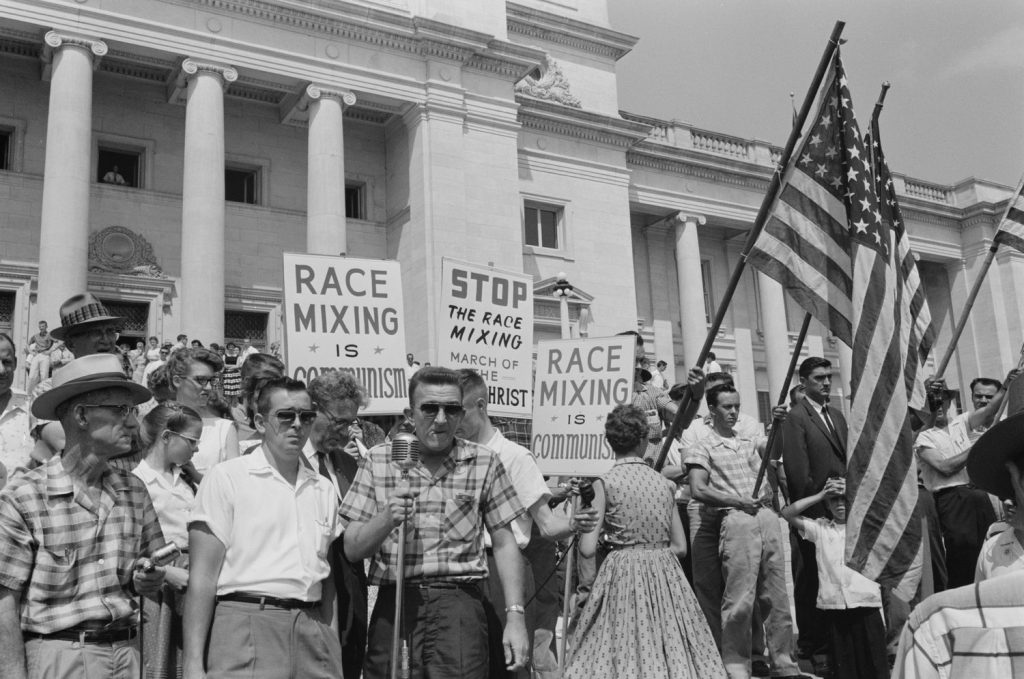by Serisha Iyar
As a first-generation Canadian, I’m often asked: “What are you really?” A question most people of color are used to hearing throughout their lifetime. For me, it poses a rather complicated answer. I’m – what’s apparently called – an Indo-Afro Canadian.
Both my parents hail from South Africa, as did my grandparents, and however many generations before them. All of them also belonged to the country’s Indian population. I, on the other hand, was born and raised in Canada and taught to distinguish between these identities. For my parents, it was essential that people knew we were neither African (i.e. black) nor did we belong to the group they referred to as “India-Indians,” to differentiate between those in the South African diaspora versus Indians from India.
This separation was primarily used to emphasize the hardships experienced by Indians under Apartheid. This distinctiveness gave me a false sense of both inferiority and elitism, highlighting the framework of the Apartheid structure. I grew up watching Bollywood films, indulging in Indian cuisine and customs and even engaged in problematic habits like using bleaching creams to lighten my skin.
The challenge of figuring out where I fit in as an Indo-Afro Canadian was further escalated by my surroundings. The majority of my life was spent growing up in a small, predominantly upper-middle class, and very white town. Despite being situated in Canada, my town was heavily influenced by the racist ideology of the Southern United States. Let’s just say that not so long ago my high school was represented by the Confederate flag.
Blatant racism was something I experienced from the very first day that I moved into town when my mother was refused service at a hair salon because they “didn’t serve blacks.”
Keep in mind this was 2005 and she’s not black but that’s beside the point. To my parents, I suppose, such events seemed minor, no matter how often they occurred, especially given the institutionalised racism they faced their entire lives. So when I began experiencing discriminatory behavior like being called the ‘N’ word and subsequently thrown off a jungle gym, getting ‘KKK’ scratched into my desk, and having slurs hurled at me while shopping or walking down school hallways, the advice they gave me was to get over it.
When it came time for me to get my first job I was rejected from a variety of places after being told multiple times that I would not be hired due to the color of my skin. When I told my parents, they simply didn’t believe me. While I was angry with them at first for not listening to my complaints, I understand now they probably didn’t want to believe they moved across the world to get away from such racist ideology only to end up with similar situations being thrust upon their children.
It was only when I started university I realized the impact my environment had on my well-being. For the first time since I was nine, I finally had multiple friends who were people of color and in particular, South Asian friends who were also a part of the diaspora, and to whom I could relate. However, instead of being thrilled I was terrified.
I actively avoided being seen with only brown friends out of fear someone would say something racist to us or worse, do something. Isolating myself and only going out when there was a large enough presence of white people to balance out our group dynamic made me feel safe.
Coming to the realization the discriminatory occurrences I faced were not normal and I deserved better was a difficult process. Three years since starting university I’m still learning to accept myself and appreciate my race and culture. The following guide is by no means scholarly or exhaustive but I hope my experiences will show you that beginning to deal with internalized racism is so much more satisfying when done sooner rather than later.
[Read More: How Can South Asian-Americans Do a Better Job of Combating Racism in America?]
Combatting Internalized Racism 101
- Face reality. Racism exists. Inequality exists. It sucks but it’s true. The sooner you come face to face with the battle, the easier it is to start fighting. For the longest time, I used my parents’ history to dictate my response to the discrimination I faced. The boundaries here are different; I’m privileged to live in Canada and to have legislation that protects my rights and freedoms. Just because my parents faced worse doesn’t mean I deserve to face similar. After all, they came here for a better life and it’s on me to ensure their sacrifices weren’t for nothing.
- Talk to your parents. One of my biggest regrets is not talking to my father about his life in South Africa. I spoke to him about it seriously once or twice for school assignments. I only found out about his early life after he passed away. I never thought to ask him about the realities he faced in his homeland, the sacrifices he made there or how he transitioned to life in Canada. Luckily, I can now constantly ask my mother about her experiences and listen to whatever she’s willing to share.
- Educate yourself. Education is the main reason I have begun to understand the impact internalized racism has had on me. Being dropped into a new and diverse environment forced me to face my personal struggles and showed me there exists a variety of different ideological perspectives that reject the racism I conformed to. Education in this sense doesn’t necessarily require sitting in a classroom. I learned so much from meeting others who shared my interests and experiences and it has changed me for the better.
- It’s okay to not understand everything. As I’ve become more educated and learned to face this internalized racism that has haunted my daily life, I’ve also come to understand I don’t need to have an answer for everything. I don’t need to be sure of myself all the time. There are still days when I feel my skin isn’t fair enough or I need to play Indian music softly through my headphones so my neighbors won’t hear.
Sometimes after these ‘self-aware revelations’ people expect you to suddenly flip the switch and be an all-knowing activist. Racism wasn’t just created by one instance of inequality. It has been an on-going process of stripping people of color of our pride, preventing our success, diminishing our accomplishments, and convincing us we have no value. Undoing this monumental damage takes time and sometimes all we can do is try our best and hope the work we do – like so many before us – will prevent the next generations from facing the same battles.
 Serisha Iyar is a first-generation South African-Canandian student at McGill University completing her Bachelor of Arts degree in Political Science with a minor in World Religions. She enjoys dancing alone in her apartment, prefers -40°C over 30°C and hopes to one day be successful enough to trend on Twitter. You can follow her on Twitter and Instagram at @serishaiyar.
Serisha Iyar is a first-generation South African-Canandian student at McGill University completing her Bachelor of Arts degree in Political Science with a minor in World Religions. She enjoys dancing alone in her apartment, prefers -40°C over 30°C and hopes to one day be successful enough to trend on Twitter. You can follow her on Twitter and Instagram at @serishaiyar.





